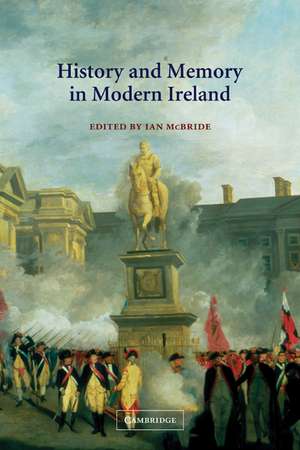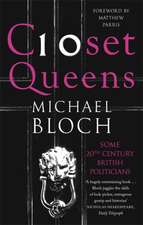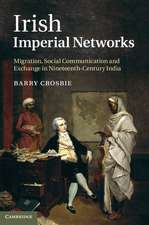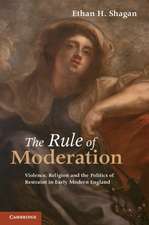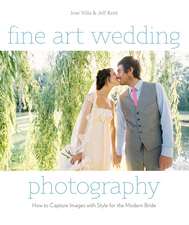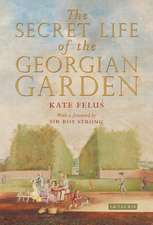History and Memory in Modern Ireland
Editat de Ian McBrideen Limba Engleză Paperback – 7 noi 2001
| Toate formatele și edițiile | Preț | Express |
|---|---|---|
| Paperback (1) | 361.19 lei 6-8 săpt. | |
| Cambridge University Press – 7 noi 2001 | 361.19 lei 6-8 săpt. | |
| Hardback (1) | 683.58 lei 6-8 săpt. | |
| Cambridge University Press – 7 noi 2001 | 683.58 lei 6-8 săpt. |
Preț: 361.19 lei
Nou
69.11€ • 72.35$ • 57.19£
Carte tipărită la comandă
Livrare economică 05-19 aprilie
Specificații
ISBN-10: 0521793661
Pagini: 292
Ilustrații: 13 b/w illus.
Dimensiuni: 152 x 226 x 20 mm
Greutate: 0.41 kg
Editura: Cambridge University Press
Colecția Cambridge University Press
Locul publicării:Cambridge, United Kingdom
Cuprins
Recenzii
'There is much to be learned from the authors in this collection … this book is a commendable and balanced attempt to relate perceived memory to actual history in the current political context.' Irish Democrat
'McBride is to be commended for compiling his universally contentious History and Memory in Modern Ireland.' Irish Political Studies
'This collection of essays, from a variety of perspectives, challenges assumptions and provides fresh ideas on the study of memory and its interactions with history, whether documented, oral or visual. The book is enhanced by excellent illustrations.' James Kelly, St. Patrick's College
Descriere
Discussing the relationship between the past and the present in Irish society, this title outlines the ways in which Irish identities have been shaped by oral tradition, icons and images, rituals, and re-enactments. It examines pivotal moments in Irish history, such as the 1798 rebellion, the Famine, the Great War, and the Northern Ireland troubles, investigating the ways in which they have been recalled, commemorated and mythologised. Beginning with the conviction that commemoration has its own history, the essays address questions concerning the workings of communal memory. How have particular political and social groups interpreted, appropriated and distorted the past for their own purposes? How are collective memories transmitted from one generation to the next? Why does collective amnesia work in some situations and not in others? What is the relationship between academic history and popular memory?
